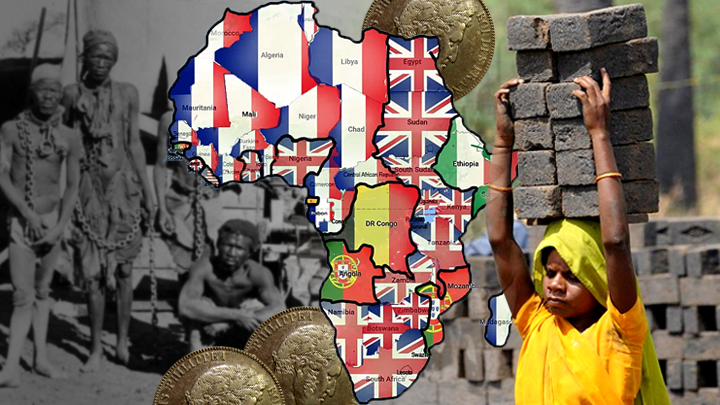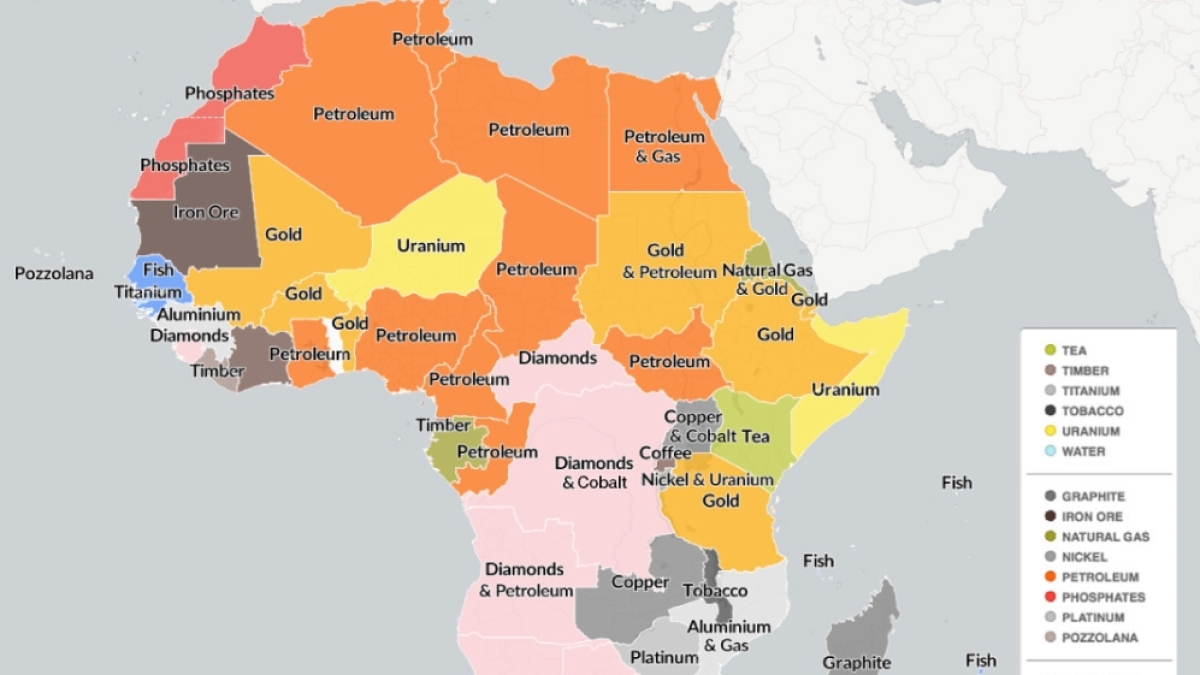Exploitation in Africa

The exploitation of African natural reserves, particularly in the presence of European and American companies, has been a contentious issue with deep historical roots and ongoing concerns. This exploitation involves various facets, including environmental degradation, labor exploitation, unequal profit sharing, and disregard for indigenous rights and local community interests.
Historical Context
The exploitation of Africa’s natural resources by European powers dates back to the colonial era when European countries exerted control over vast territories across the continent. This control often led to the extraction of valuable resources such as gold, diamonds, and other minerals without just compensation to local communities. During the colonial era, European powers established mining and agricultural enterprises that disproportionately benefited European interests at the expense of local populations. These operations often ignored local customs, land rights, and environmental considerations.
Modern Challenges
Even after gaining independence, many African countries continue to face challenges related to the exploitation of their natural reserves. European and American corporations, sometimes in collaboration with local elites, continue to dominate sectors like mining, oil, and forestry. The issues include:
Environmental Degradation: Unregulated extraction and processing of resources have led to significant environmental problems, including deforestation, pollution, and destruction of ecosystems.
Labor Exploitation: Workers in mining and other extractive industries often face poor working conditions, low wages, and inadequate safety measures.
Unequal Profit Distribution: While international corporations reap significant profits from resource extraction, local communities frequently see little benefit. This inequality contributes to poverty and underdevelopment in many resource-rich areas.
Displacement and Indigenous Rights: Resource extraction projects sometimes displace local communities without adequate compensation or disregard traditional land rights, leading to conflict and social unrest.
Lack of Transparency and Corruption: In some cases, deals between international corporations and local governments lack transparency and are fraught with corruption, undermining trust and social cohesion.

Recommendations
Strengthen Regulations: Governments must enforce stringent environmental and labor regulations that align with international standards to protect both human rights and the environment.
Promote Fair Trade Practices: Implementing and enforcing fair trade agreements can help ensure that profits are more equitably distributed among local communities.
Enhance Transparency: Encouraging transparency in contracts and revenue management can reduce corruption and ensure that the benefits of natural resource exploitation are shared more widely.
Empower Local Communities: Supporting community engagement in decision-making processes related to resource extraction can lead to more sustainable and socially just outcomes.
Conclusion
The exploitation of natural reserves in Africa by European and American entities is a complex issue with deep historical roots and multifaceted modern implications. Addressing this challenge requires a concerted effort on the part of governments, corporations, international organizations, and civil society to ensure that natural resource extraction is conducted responsibly and equitably, respecting both the environment and the rights and interests of local communities.